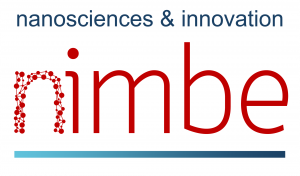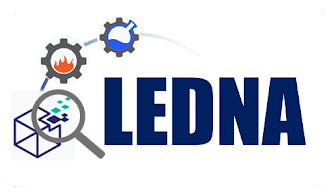Metal-organic frameworks (MOFs) represents a promising class of porous materials construted by a combination of inorganic sub-units and organic ligands. The large variety of metal ion and organic linker lead to various adjustable structures, larger surface area, highly ordered porous structure, and functional pore space. Numerous MOFs have been shown to be potential candidates in various fields like gas storage and delivery, energy storage, catalysis. Thus, the association of MOF with nanoparticle (NP) combines the advantages of both MOFs and nanoparticles.

Various applications are currently being studied
- Battery application: NP/MOF composites can also be incorporated into batteries to improve their cyclic stability and energy density.
- Catalysis application: NP/MOF composites are effective as catalysts in various chemical reactions such as CO2 conversion, water reduction and other reactions of industrial interest. They can be used to accelerate energy conversion reactions, such as the production of hydrogen (H2) from renewable energy sources.
- Environmental application: NP/MOF composites can be used to clean up water and soil, by trapping and degrading organic contaminants thanks to their adsorbent and catalytic properties.
NIMBE Research Axis




